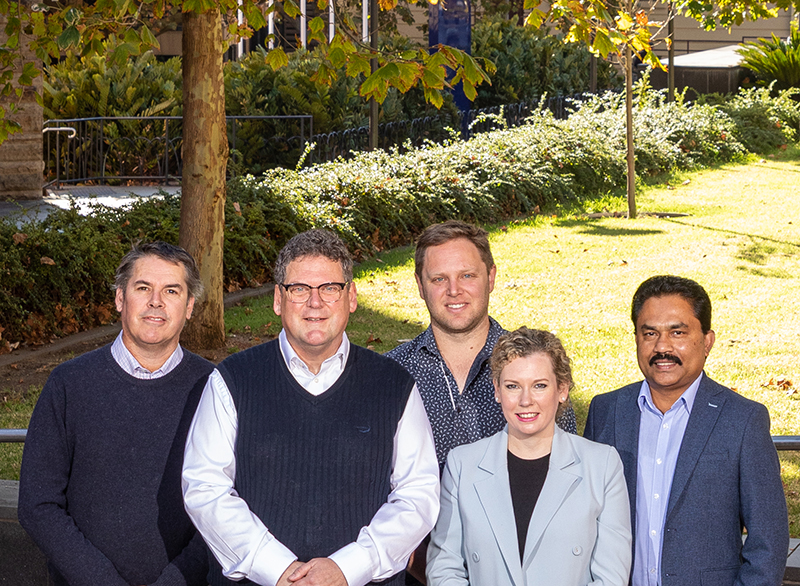Many refugees and asylum seekers have endured significant and unimaginable trauma as part of their journey.
As a result, they are a group disproportionately affected by mental health concerns and challenges.
This is why University of South Australia’s Professor Nicholas Procter is working with communities in the co-design of a practical mental health resource to support individuals and mainstream workers with the transition into the Australian society.
Hand in hand with UniSA students from refugee backgrounds, Professor Procter and his team are aiming to develop the real-world, trauma-informed resource led by lived-experience, for clinicians, teachers, support workers, and the greater community.
The aim is to empower health, community and human service workers by providing trauma informed practice advice on how to intervene early and to (where possible) mitigate the onset or worsening of distress.
We need your support to fund the creation and distribution of this resource which addresses the critical and unique mental health challenges experienced by this vulnerable group of people.
When you donate, 100% of your support will go towards this resource and 100% of your gift will have an impact within refugee communities.
There are thousands of displaced people currently seeking safety living in Australia. Those displaced by the Afghan conflict have been hit the hardest most recently.
Many have arrived in Australia in recent months. At the same time many people from Afghanistan living in Australia - including individuals on temporary visas - have been distressed by events unfolding in the region and are concerned for the safety of their loved ones left behind.
For some, physically they ‘are here’, but emotionally, ‘over there’.
Frontline workers are often in contact with people from refugee and refugee-like backgrounds to provide comfort, support healing, recovery and facilitate strengths-based support.
They at the forefront of early intervention and, where possible, mitigate the onset and worsening of mental distress.
This is why your support for this person-centred and trauma-informed resource is critical.
It will provide frontline workers with information on how to better understand the ongoing impacts of trauma and trauma related distress from a refugee perspective, and gives practical advice on what they can do to support them.
With your help, Professor Procter will be able to meaningfully partner and codesign the resource with UniSA’s students and student-led groups passionate for change and support for people from culturally diverse backgrounds.
Importantly, we are aiming to translate the resource into a range of different languages too.
Events and experiences can be deeply felt. Emotions can come and go in waves. They need us now more than ever.
Together we can work to ensure people of refugee background receive the right care by providing frontline clinicians, teachers, support workers, and the greater community, a real-world practical resource as to how to therapeutically engage and support this group.
100% of every dollar you give goes directly to supporting this important cause. The University of South Australia is a deductible gift recipient. All donations to the UniSA Refugee Mental Health Fund are tax deductible depending on your personal tax circumstances.
At UniSA, our researchers are dedicated to helping people who strive to live a better life. Learn more about how UniSA is making mental health a priority.
